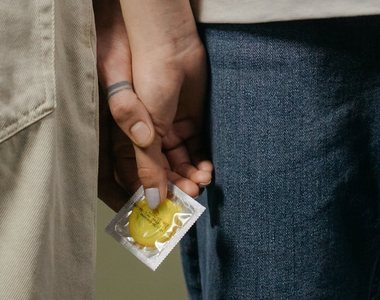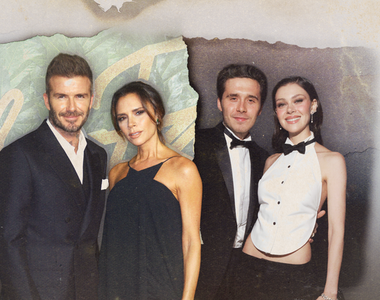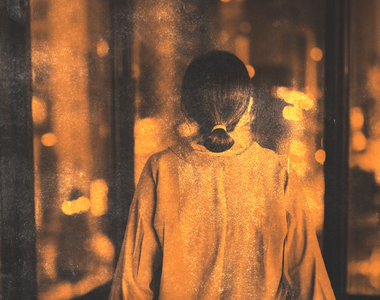
Relationships are varied, including romantic ones. However Scholars have identified three main stages of romantic love.
Lust
This stage has a lot to do with sexual desire. On a more chemical level, the hormones estrogen and testosterone (present at varying levels in people of all genders) help increase sexual desire and stimulate the desire to become physically close. This is a good explanation why the first weeks of a relationship often involve a lot of physical intimacy.
Withdrawal
This stage may also involve feelings of lust and desire, but goes a little deeper. The brain produces higher levels of various hormones, namely dopamine and norepinephrine. These chemicals can boost energy levels and leave you with a strange sense of happiness - and sometimes, feelings of jealousy and a need to fiercely defend a partner and your relationship.
This euphoric state can even begin to affect other body processes, such as sleep and appetite.
connection
Once the attraction stabilizes, it can turn into a long-term relationship. The hormones oxytocin (aka "love hormone") and vasopressin play a major role here.
This stage tends to foster the desire to establish lasting bonds and nurture the attraction you have towards each other.
Sources: Healthline, Psychology Today





